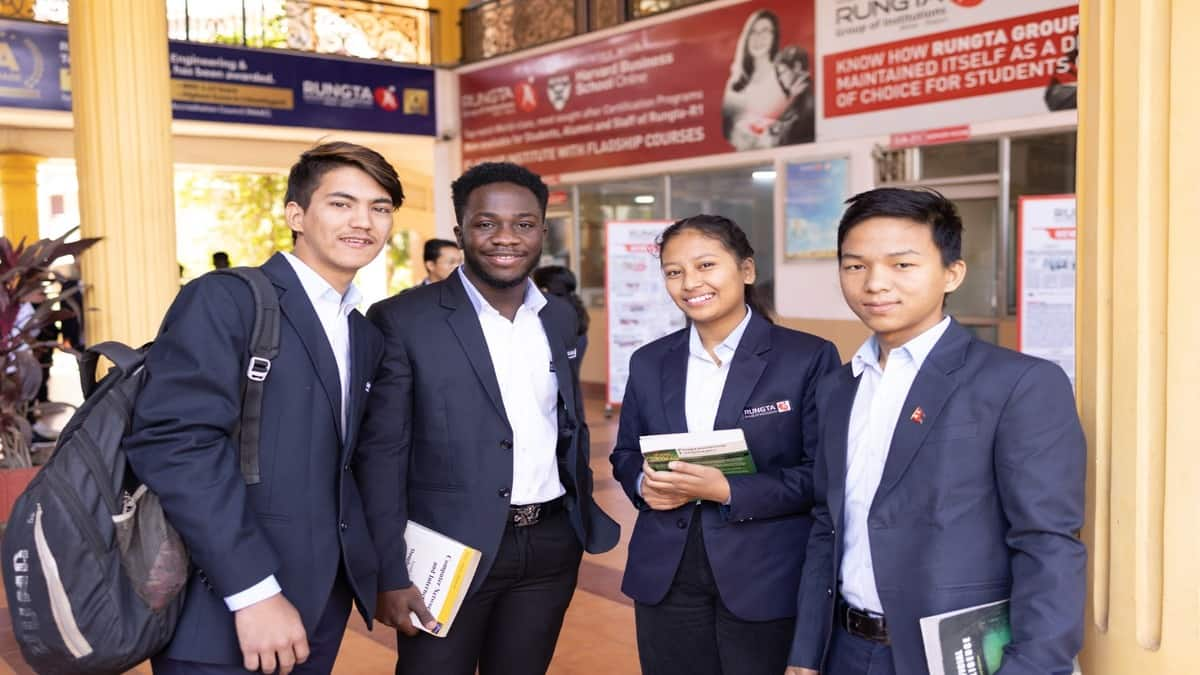Study Abroad: Strathclyde University opens applications for MSc in renewable energy and decarbonisation
Vikas Kumar Pandit | September 12, 2025 | 05:32 PM IST | 2 mins read
Candidates should have an overall IELTS score of 6.5 with no band below 5.5. Self-funded international students are eligible for a scholarship of 5,000 pounds.

The University of Strathclyde, Glasgow, has opened applications for the Master of Science (MSc) in renewable energy and decarbonisation technologies course. The course will start in January 2026 and aims to equip students with skills and knowledge to support the transition to low-carbon energy systems.
To be eligible for the course, applicants should have a first-class or second-class honours degree in Electrical or Electronic Engineering, Mechanical Engineering, or a related field. International students will have to provide proof of English proficiency with an overall International English Language Testing System (IELTS) score of 6.5 and no band below 5.5.
The course is offered by the Department of Electronic and Electrical Engineering and covers emerging technologies such as hydrogen energy, carbon capture, and smart grids. Students will also gain practical experience through participation in real-world energy transition projects.
Tuition fee and scholarship
The tuition fee for international students enrolling in the MSc Renewable Energy and Decarbonisation Technologies course is 31,100 pounds.
As per the institute, self-funded international students from outside Europe who begin the course full-time in January 2026 are eligible for a scholarship of 5,000 pounds. This amount will be automatically deducted from their tuition fees.
The university also offers a limited number of Dean’s International Excellence Awards for exceptional applicants. These awards are valued at 7,000 pounds and 10,000 pounds and provide further financial support to eligible students.
Also readCanada student visa rejections highest in 10 years, 81% of them Indian applications
Course curriculum and key subjects
The curriculum includes subjects such as hydrogen energy, carbon capture, and smart grids. Mathematical and computational models used in energy systems will also be introduced. Alongside technical training, the course addresses environmental, ethical, and socio-economic aspects of decarbonisation.
Graduates are expected to gain expertise in the specification, design, operation, and maintenance of future power networks and energy infrastructure. Career opportunities include roles in power engineering consultancy, utilities, renewable energy, oil and gas, and manufacturing.
“As a graduate of this MSc, students will possess the interdisciplinary expertise, technical skills and critical awareness needed to contribute to the global transition to low-carbon energy systems,” the official press release said.
Follow us for the latest education news on colleges and universities, admission, courses, exams, research, education policies, study abroad and more..
To get in touch, write to us at news@careers360.com.
Next Story
]UK top PG destination for Indian students; AI, cybersecurity, nursing most sought-after: Govt report
The “graduate route” allows international students to remain in the UK for up to two years after completing their degree or up to three years for doctoral graduates, according to a 2024 government report.
Suviral Shukla